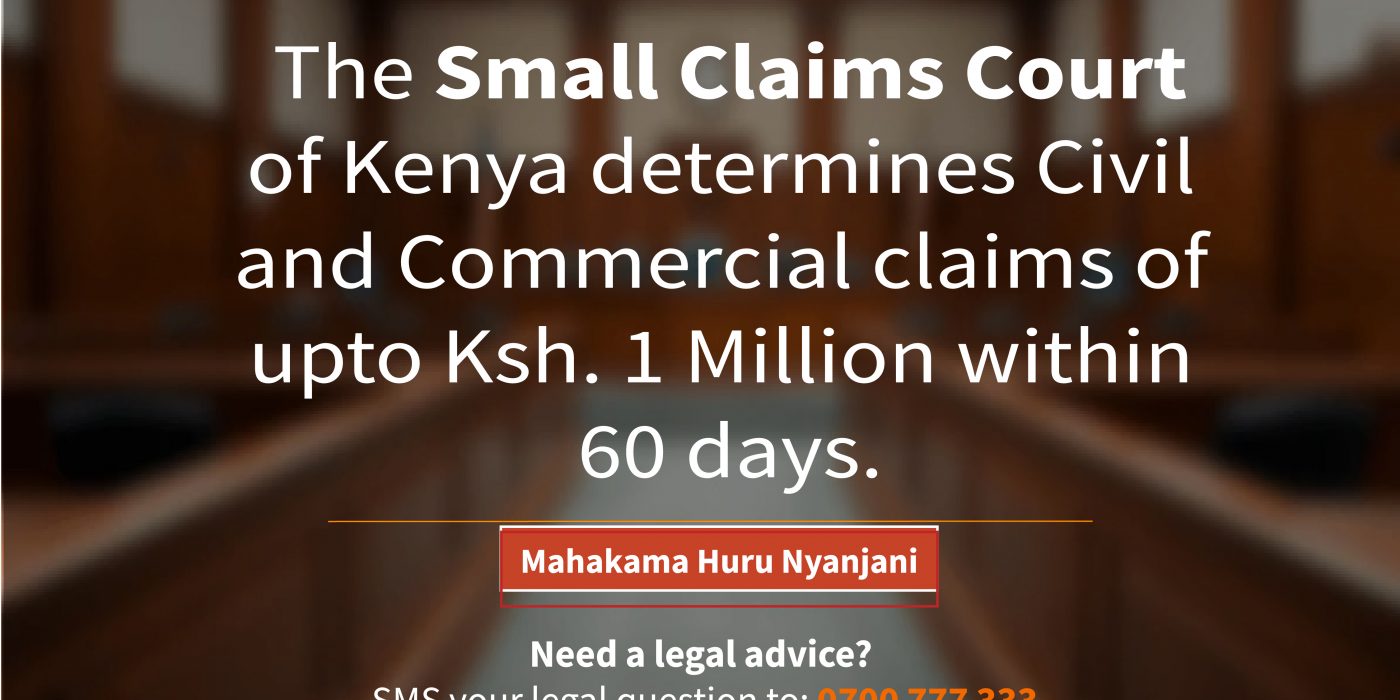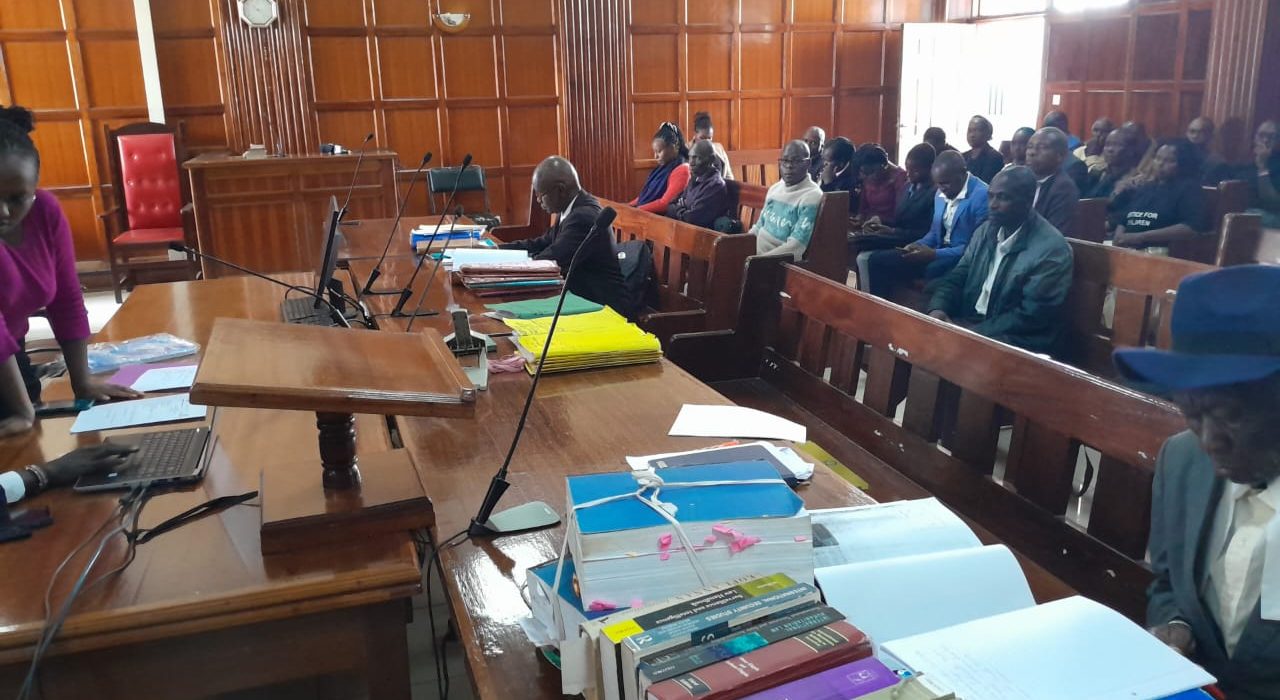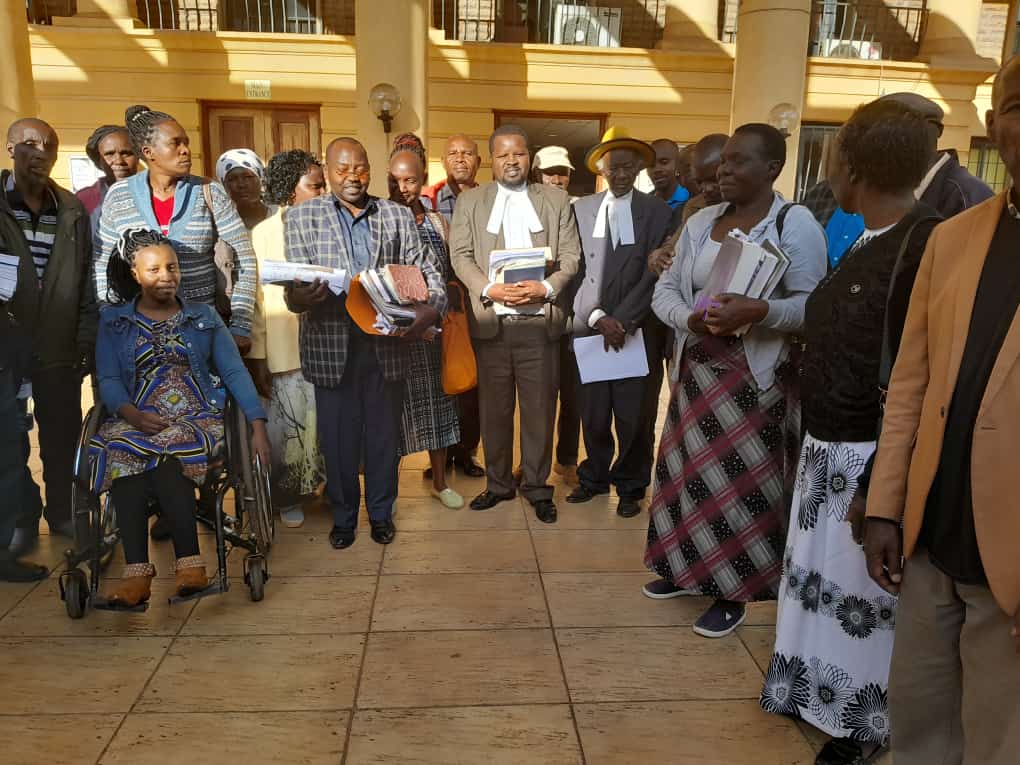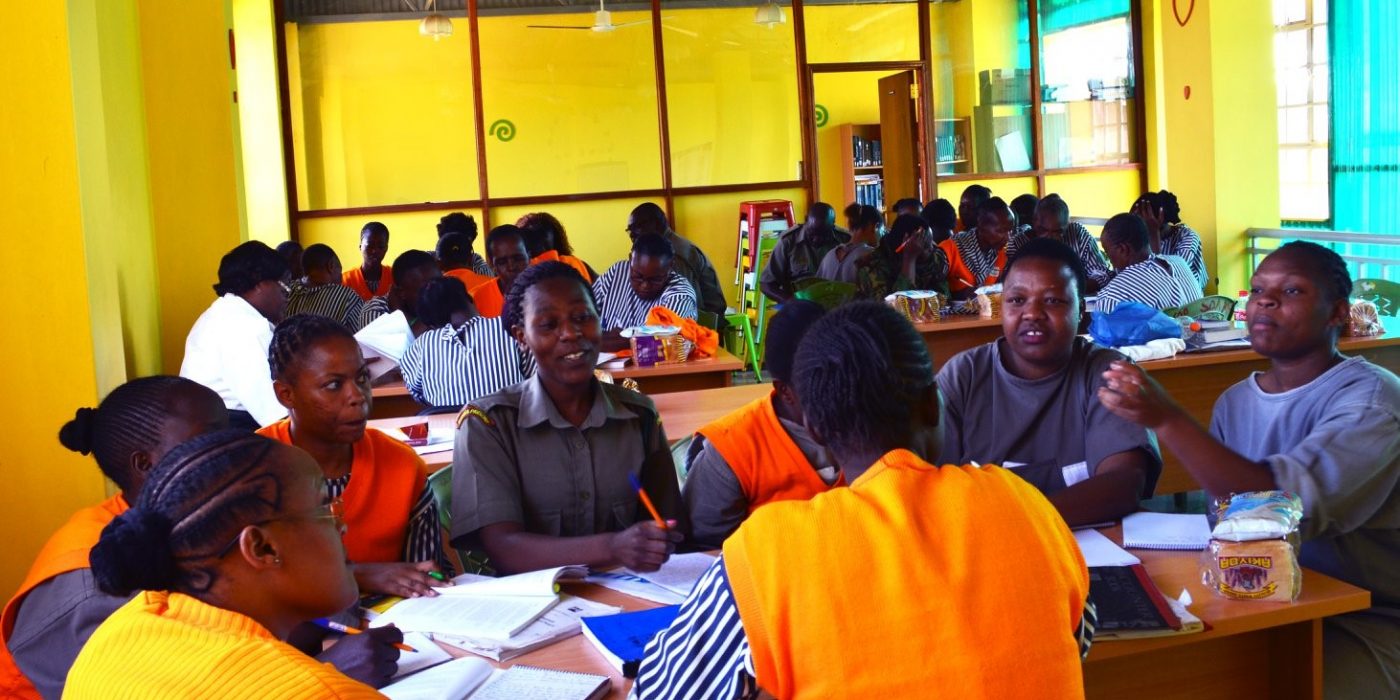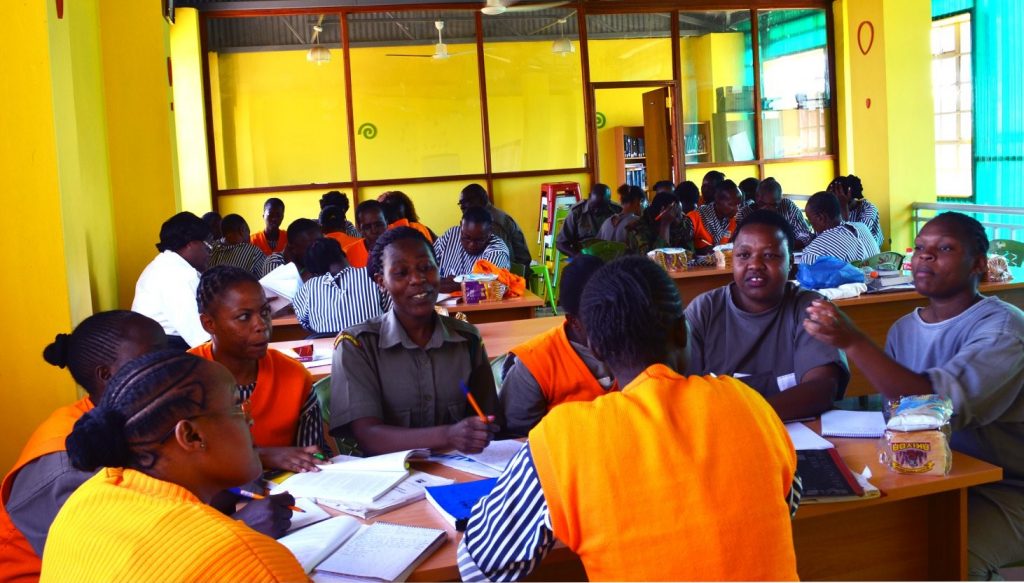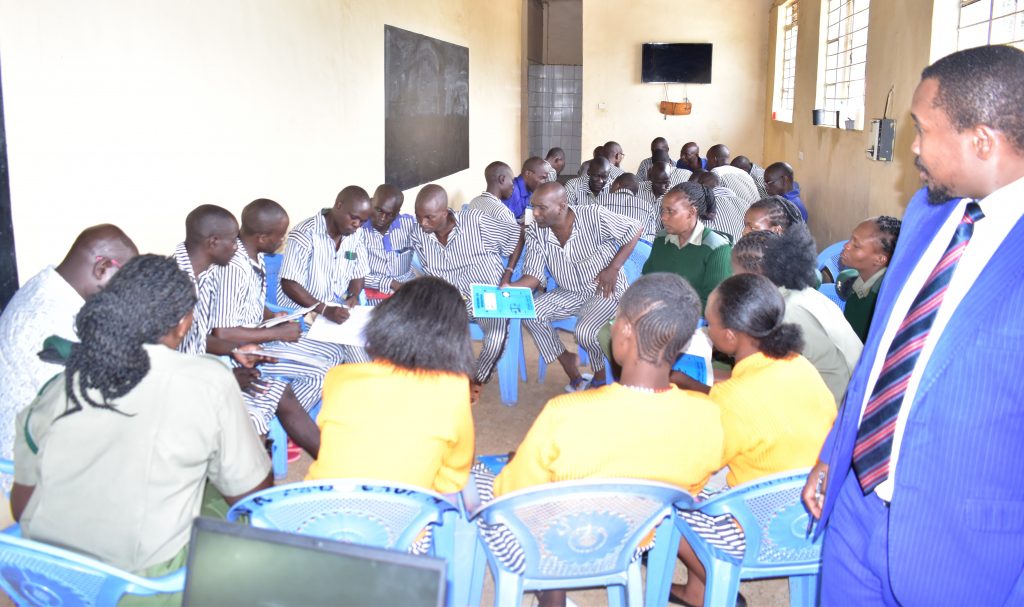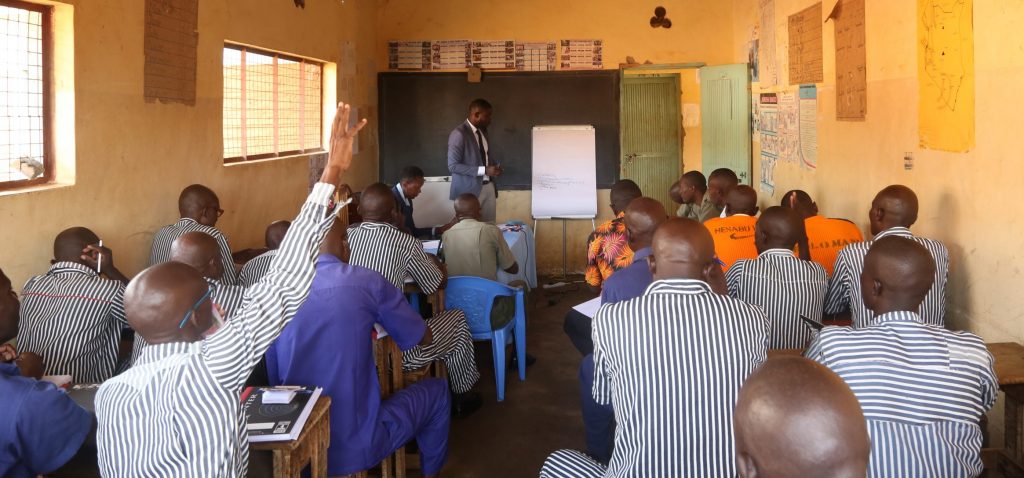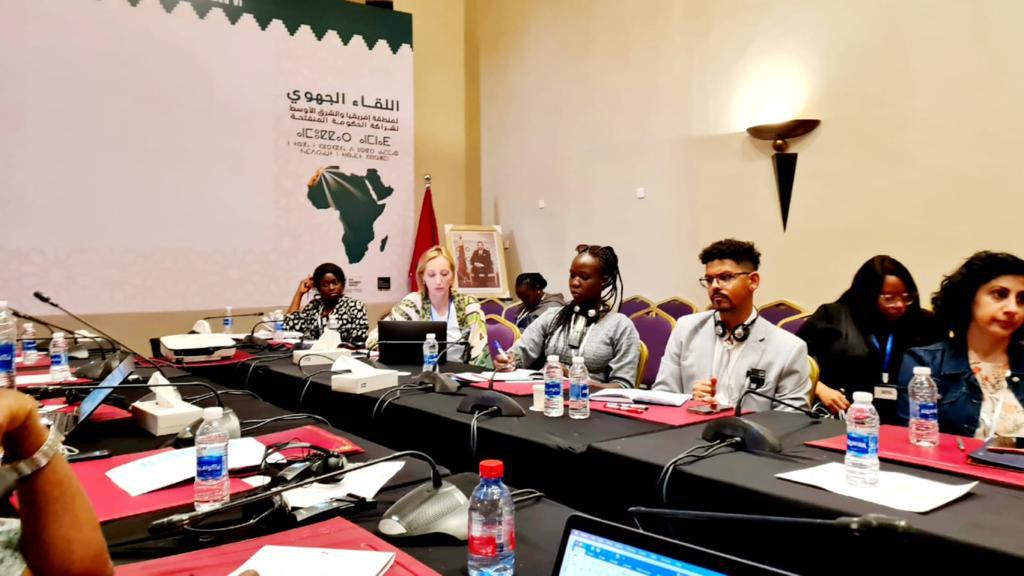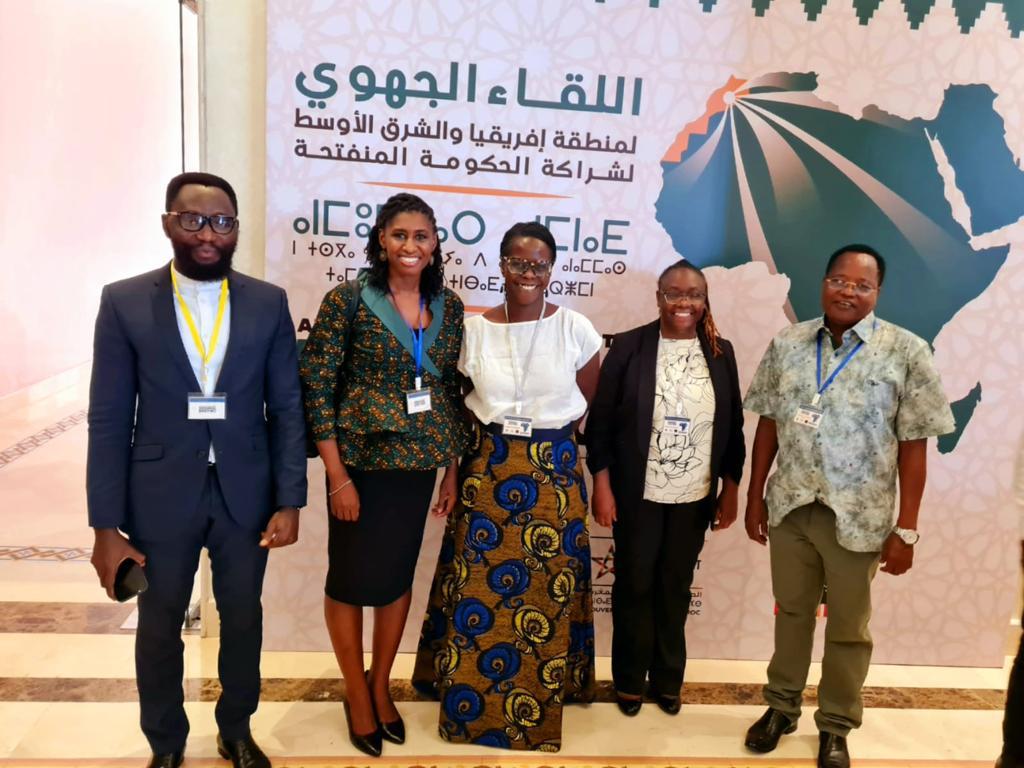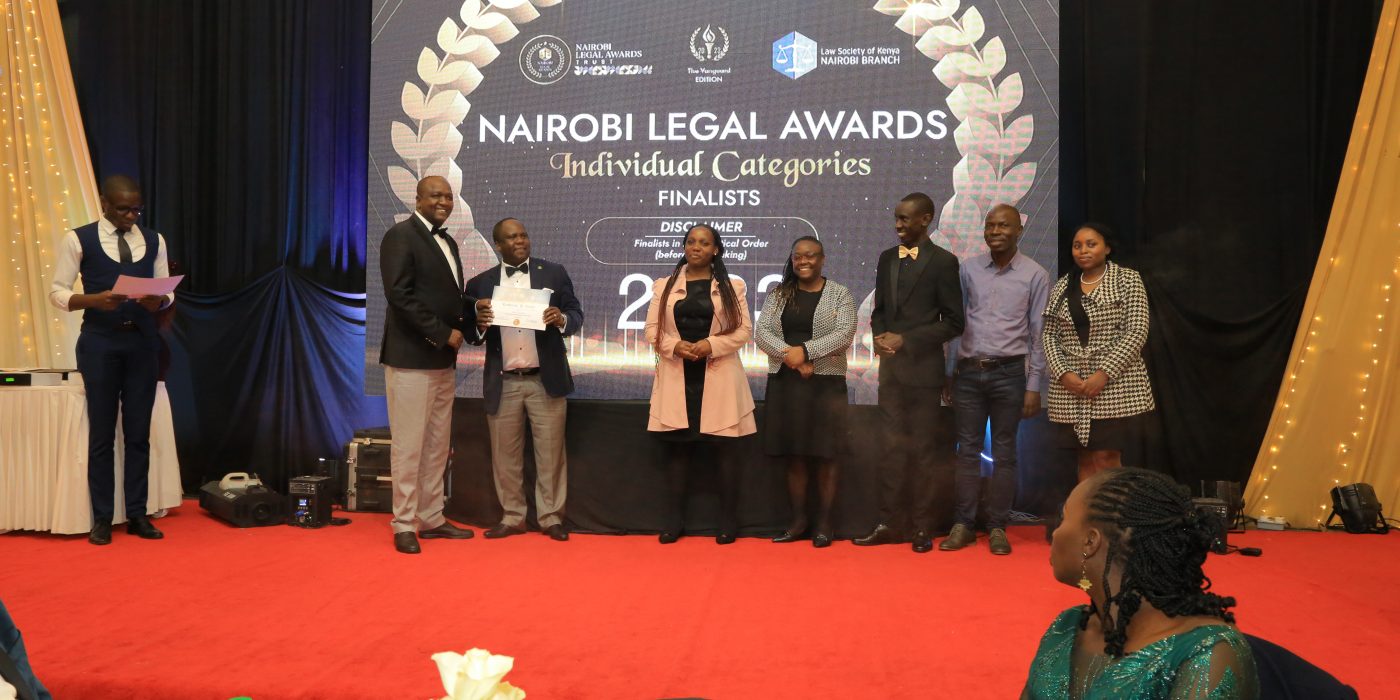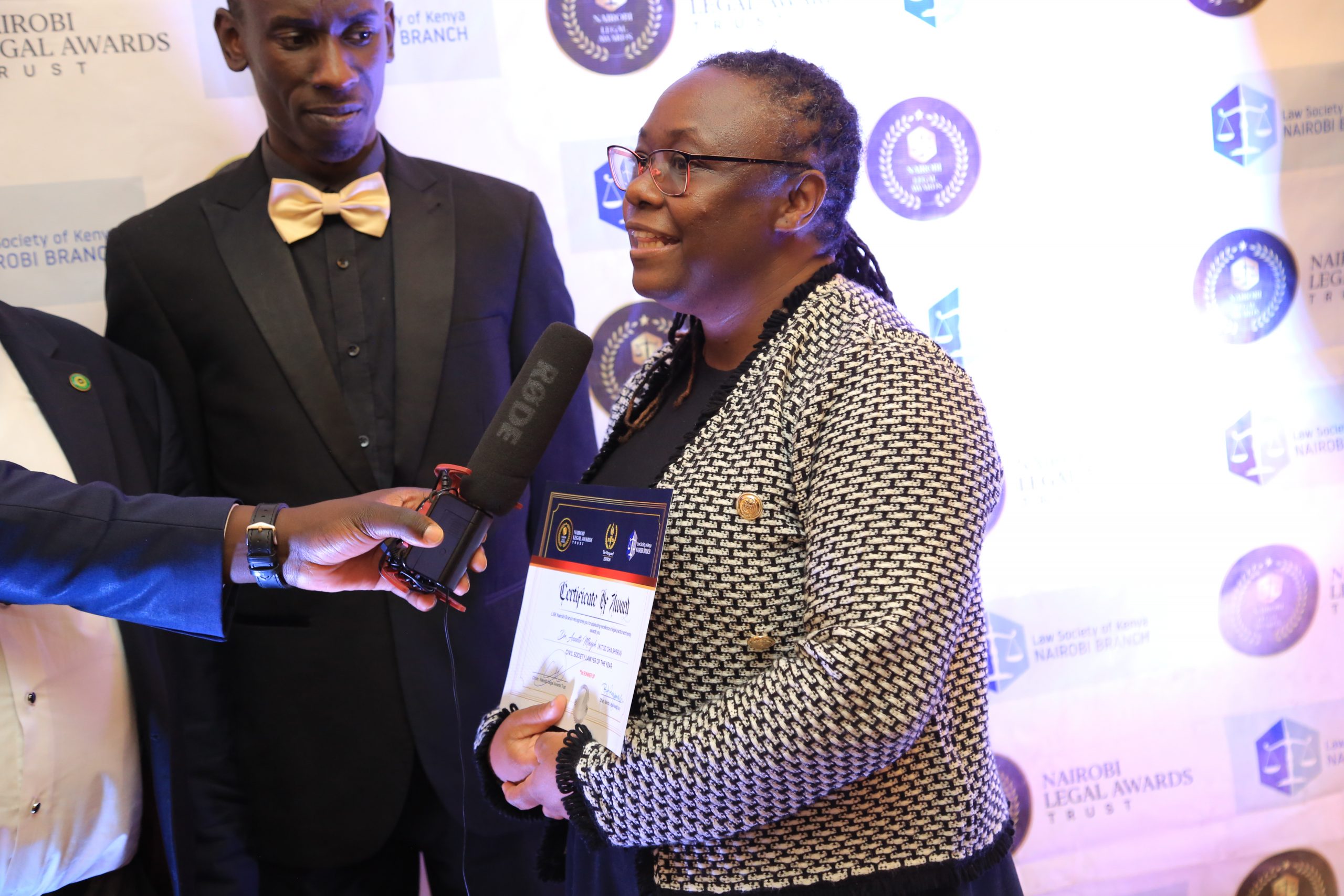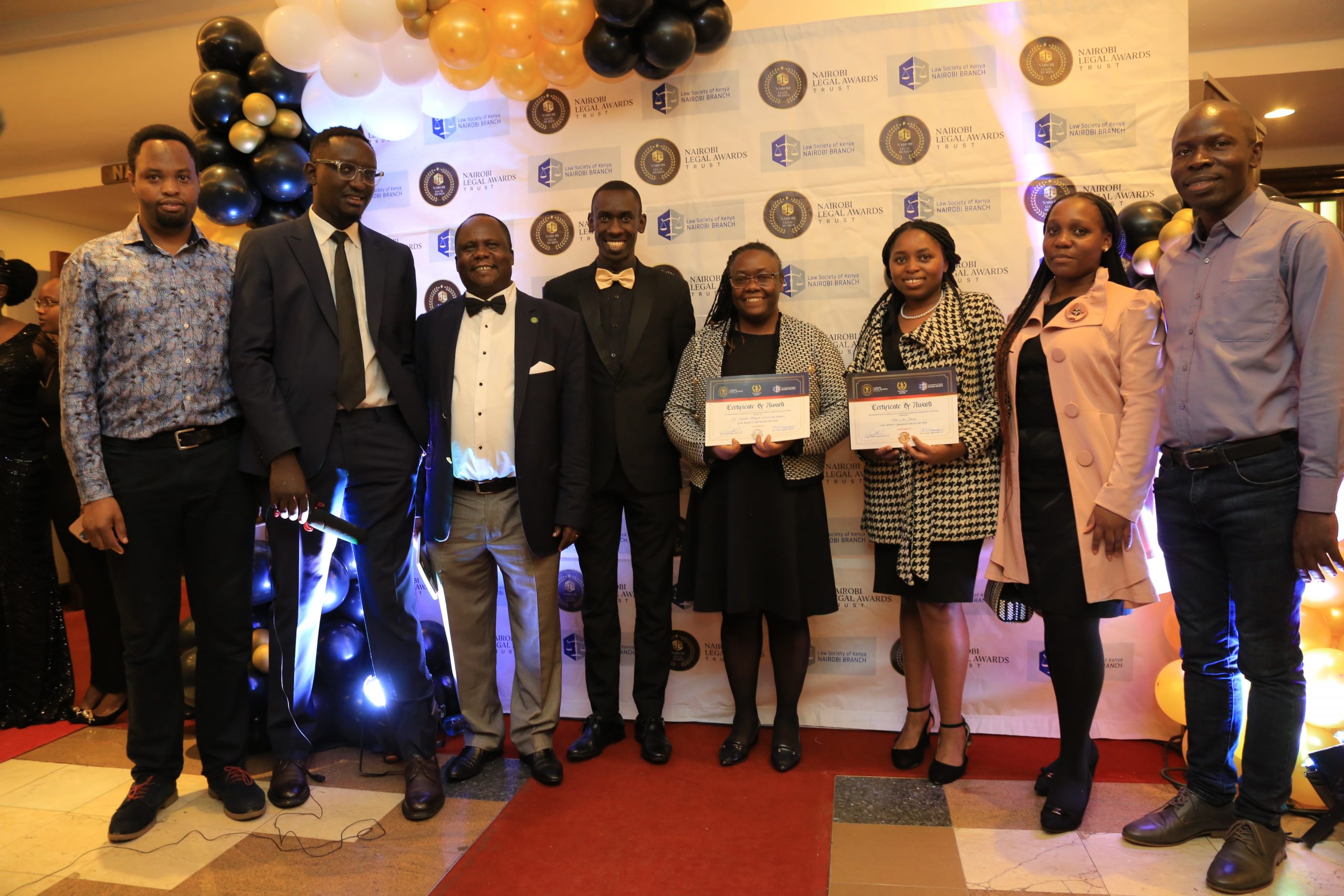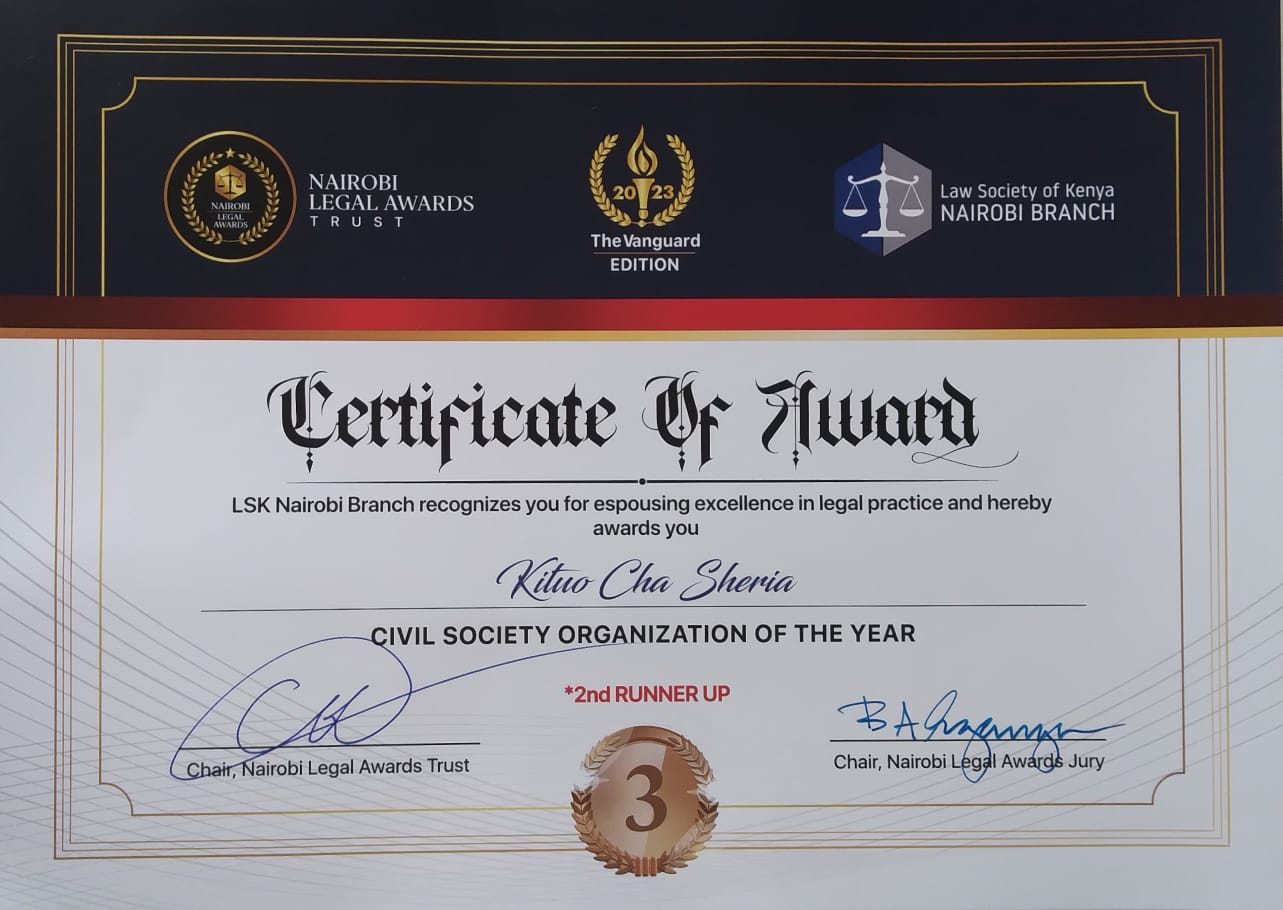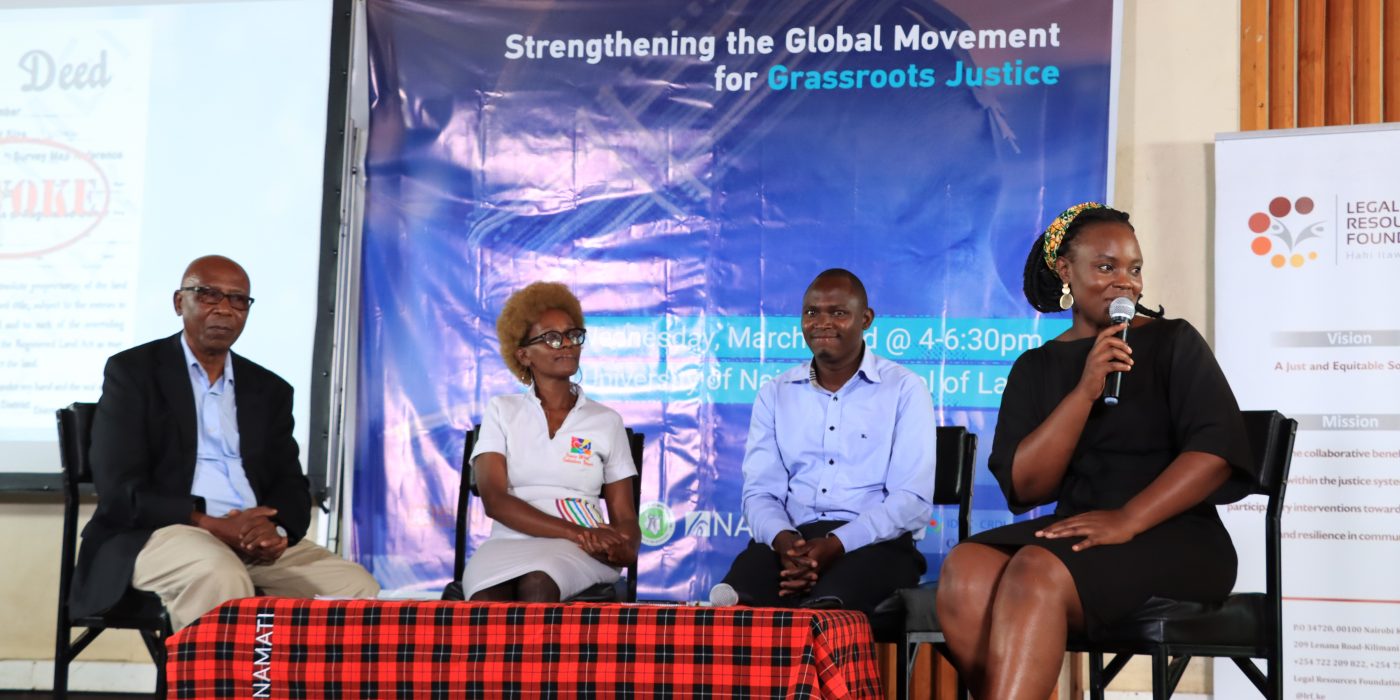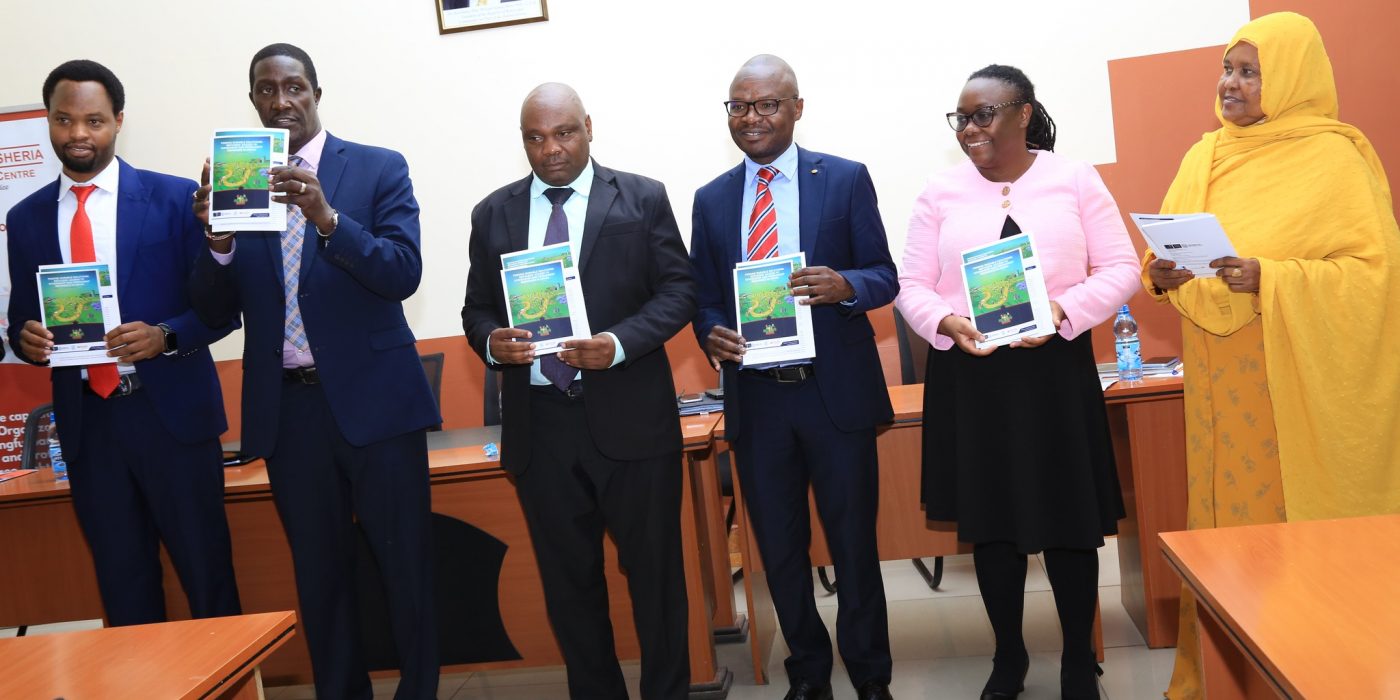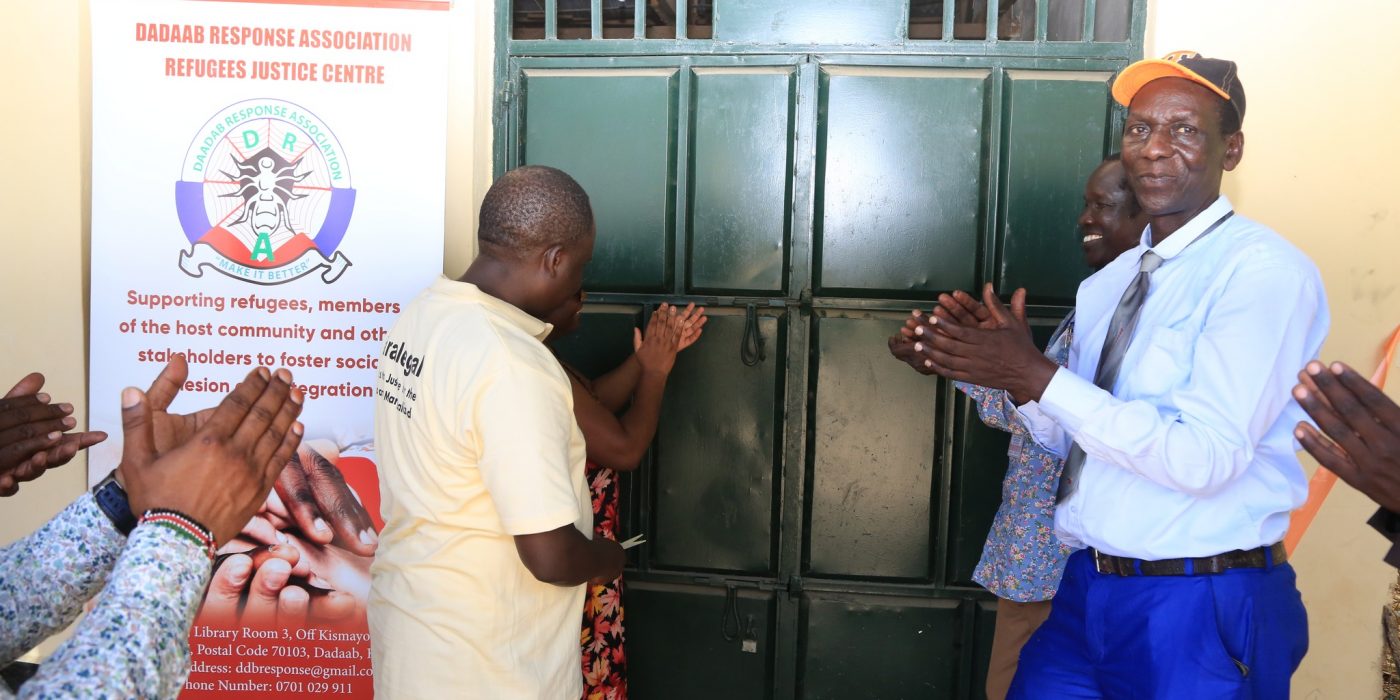Understanding how Small Claims Courts work and what they do
On 21st May 2021, Chief Justice Martha Koome took the oath of office as Kenya`s 15th Chief Justice. After 100 days in office, she shared her vision for a Judiciary that is independent, efficient, accessible, responsive to the aspirations of Kenyans and a true guardian of the rule of law. Her vision to the judiciary is anchored on the Mantra of “Social Transformation through Access to Justice (STAJ)”. The vision seeks to widen the doors of justice to all Kenyans and all vulnerable groups.
The introduction of the Small Claims Act 2016 which was later amended by the Small Claims Court (Amendment) Act, 2020, through gazette notice No. 3791 of 2021 led to the establishment of Small Claims Courts, which are lower-level judicial bodies designed to facilitate the speedy resolution of small financial disputes through cost-effective channels while still adhering to the principles of legal fairness and natural justice. The Small Claims Court seeks to enhance access to justice for the poor and marginalized persons in Kenya. The courts are designed to ensure simplicity of procedure, speedy resolution of cases, accessibility and services offered at low cost. It is established to respond to challenges in administration of justice faced by the poor and the marginalized in society.
In a gazette notice dated December 10 of 2021, Chief Justice Martha Koome established Small Claims Courts in Eldoret, Kajiado, Kakamega, Kisumu, Machakos, Meru, Mombasa, Naivasha, Nakuru, Nyeri. According to the Judiciary, as at May 2023, the court had processed 27,000 cases unlocking Kenya Shillings 4.6 billion. It is equally noted that the court has been working on an average of 53 days per case. As at now, in the Coastal region, the courts are in Mombasa and Malindi.
Nature of Claims and Pecuniary Jurisdiction
The Small Claims Court has jurisdiction to determine civil claims related to contracts for the sale and supply of goods or services, money held and received, liability in tort, compensation for personal injuries, and set-off and counterclaim under any contract. The pecuniary jurisdiction is limited to one million shillings, and the Chief Justice may determine other pecuniary jurisdictions.
Exclusion of Jurisdiction
The Court has exclusive jurisdiction over claims once lodged, and proceedings cannot be brought before any other court unless specific conditions are met. Certain types of claims such as: defamation, libel, slander, malicious prosecution, disputes over land titles, and employment and labor relations, cannot be brought before the Small Claims Court.
Procedural Rules and Parties
The Court has control over its procedure, considering the principles of natural justice. Alternative dispute resolution mechanisms may be adopted. Parties can lodge claims if they reside or carry on business within the jurisdiction, and the subject matter, contract, cause of action, or defendant is within the jurisdiction.
Representative Claims
Multiple persons can have claims against the same respondent, which may be brought in the name of one person as a representative. The representative is authorized to act on behalf of others, and the Court can order separate hearings if needed.
Procedure Before the Court
The Court has flexibility in its procedures and may adopt alternative dispute resolution mechanisms. It has the power to summon witnesses, make inquiries, and may allow electronic filing. The Court may facilitate the use of various languages and communication formats accessible to persons with disabilities.
Execution of the Decree
The Court can issue various orders, including orders to pay money, restitution of movable property, and recovery of sums related to a contract. The execution process involves attaching movable or immovable property, attaching salary, or suspending execution under certain conditions.
Appeal to the High Court
To initiate an appeal, it is imperative to file a comprehensive memorandum of appeal that distinctly outlines the dissatisfaction with the preceding outcomes. This memorandum should specifically articulate the legal grounds for dissatisfaction, focusing solely on legal aspects rather than presenting evidence.
The Emphasis should be placed on the interpretation and application of the law rather than introducing new evidence during the appeal process. The High Court, in reviewing the appeal, carefully scrutinizes the jurisdiction exercised by the Small Claims Court and examines if any procedural irregularities or unwarranted processes occurred during the initial proceedings.
The final Appeal is at High Court.

